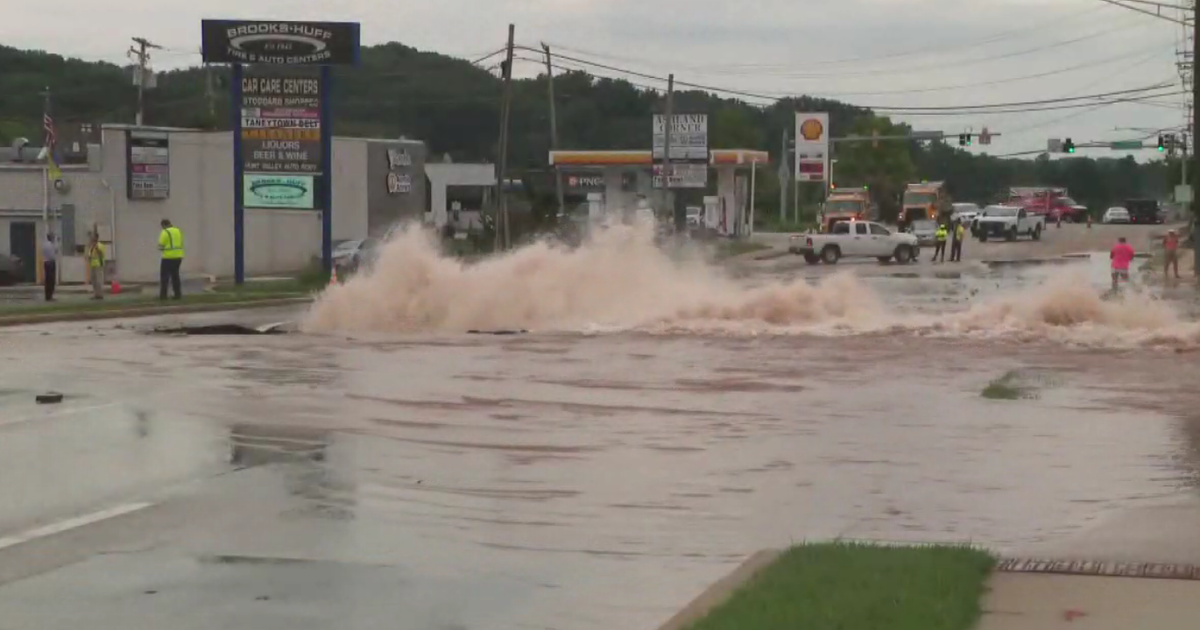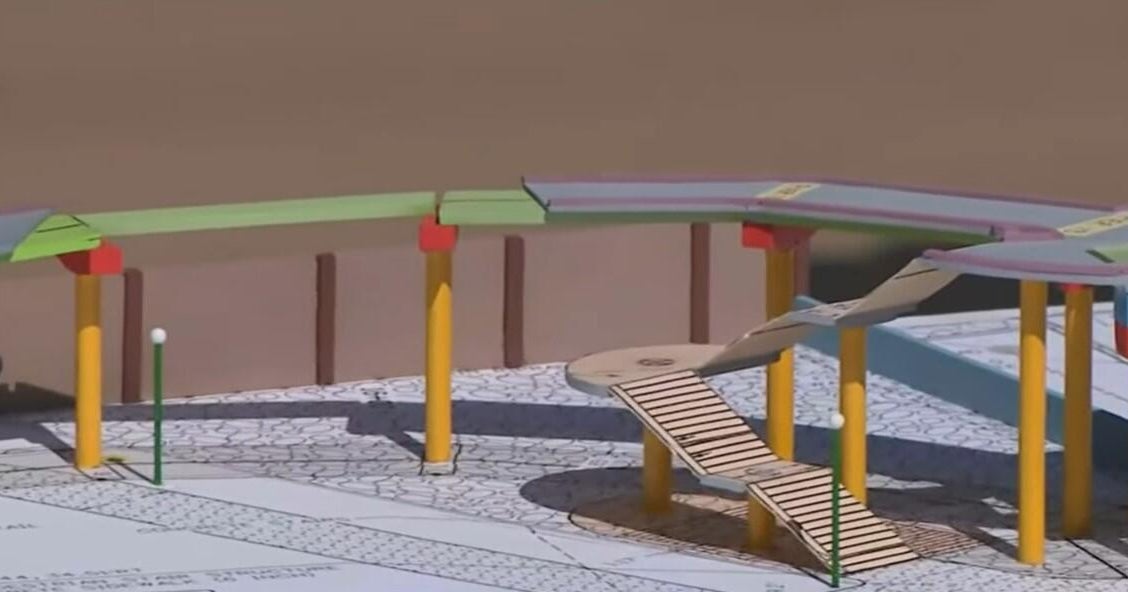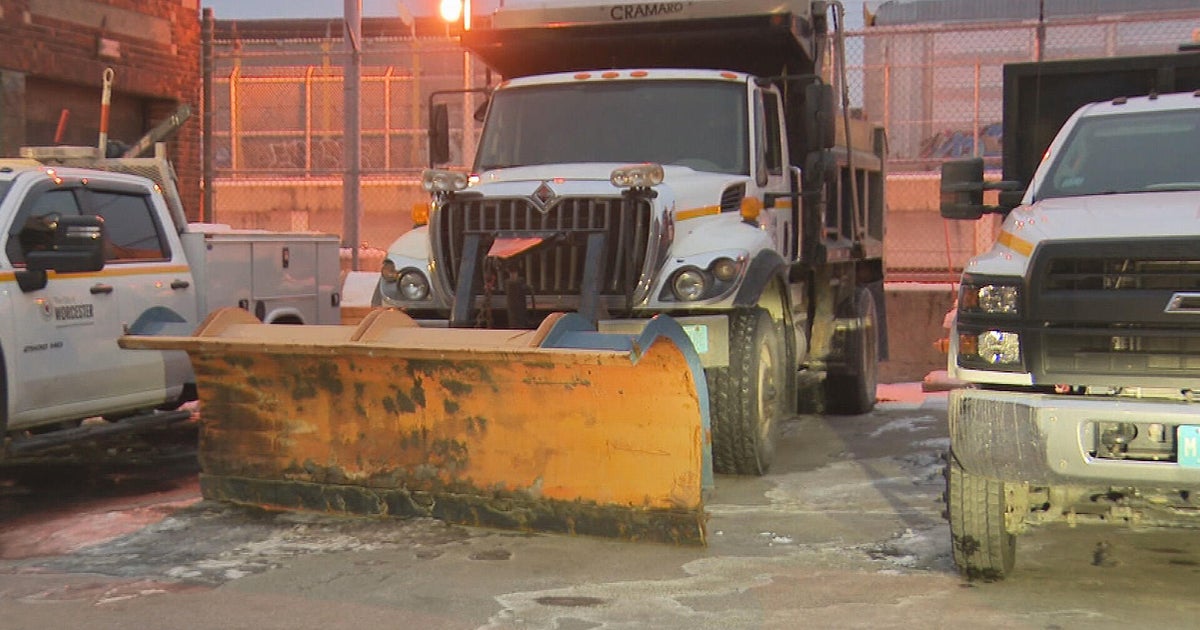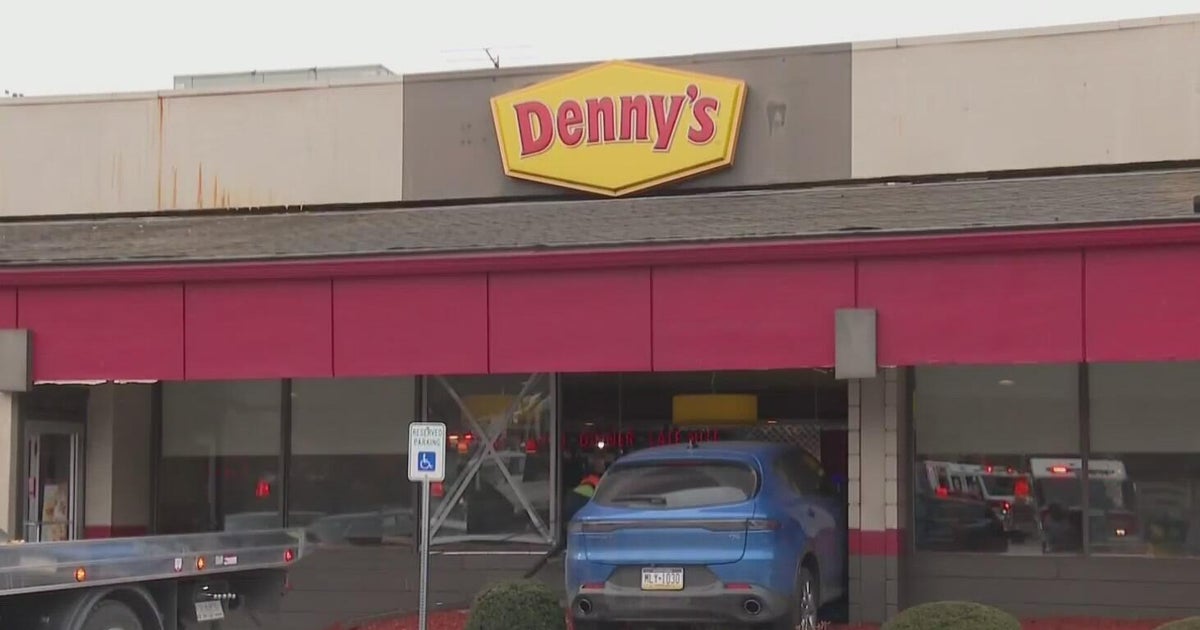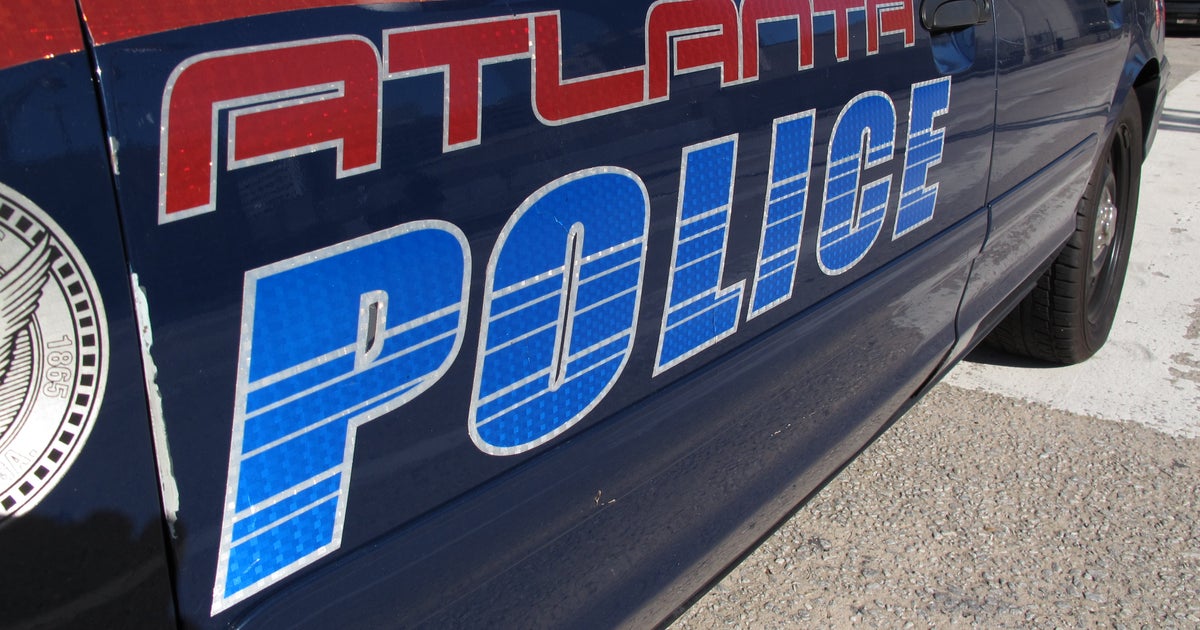How will the Baltimore bridge collapse impact Massachusetts car shipments?
NORWOOD - A massive warehouse in Norwood is the main distribution point for Subaru of New England, with daily shipments to 65 dealerships through the region. The Port of Baltimore is a major stop along the way to get many of these parts, a supply route that is now in jeopardy with the devastating collapse of the Francis Scott Key Bridge this week.
Chief Operating Officer Jeffrey Ruble says the future is uncertain. "In the longer term we're unsure how it will affect the supply chain," Ruble said. "I see it creating delays and challenges logistically."
In the short term, he says, the inventory for parts and cars is the highest it's been having recovered from pandemic lows. But CEO Ernie Boch Jr. says how and where to divert future cargo shipments now has to be answered. "I get three to four shipments a month. Diversion is now the key, they have to go someplace else," said Boch.
In fact, a cargo ship carrying 1,100 of his vehicles passed through the Port of Baltimore just hours before the collapse.
And not just vehicles, the port is crucial for billions of dollars' worth of other goods like heavy equipment, military hardware, and consumer products. "The Port of Baltimore brought in a half billion dollars' worth of coffee and $400 million dollars' worth of sugar. There's a large sugar refinery near the Port," said Jay Zagorsky an economist at the Questrom School of Business at Boston University.
The port is the tenth largest in the country, and without access to it for an indefinite period, it's more than just a glitch in the supply chain. "Everything is in flux, it's like an amoeba with everything moving and decisions are being made as we speak," said Boch.
The bottom line for consumers is how long the port will remain closed. That will dictate whether there could be shortages or impacts on pricing.



